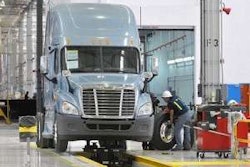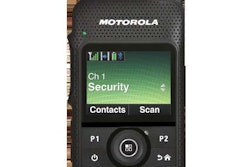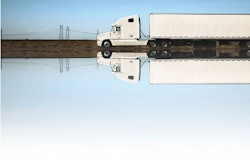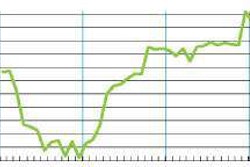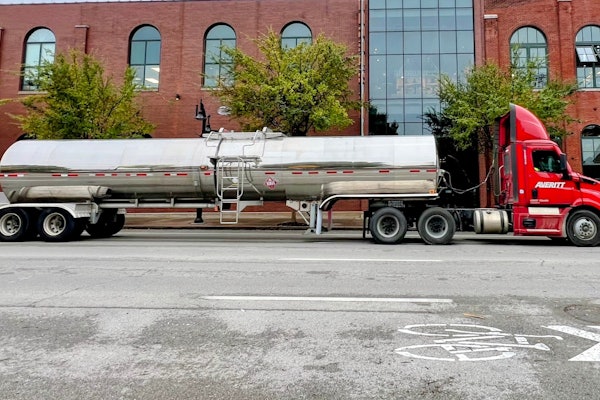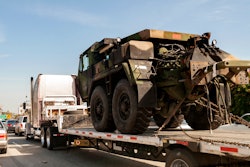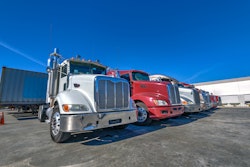QuikQ, a provider of a cardless direct fuel connection between truck stop point-of-sale and motor carrier enterprise systems, announced at the Truckload Carriers Annual Convention and Exhibition that it will be joining forces with two other industry providers to create a product to allow internal vehicle data to be written to and/or read from RFID tags while a vehicle is at the fuel dispenser.
QuikQ is teaming with Indiana-based LHP Software, a software engineering service company specializing in highly engineered and customized software solutions, and Impinj Inc., a provider of UHF RFID solutions for identifying, locating and authenticating items.
“RFID standards change and improve with time,” says Ernie Betancourt, president of QuikQ. “Until recently, RFID technology was ‘known’ not to allow physical connections to read/write data to the tag. With the latest enhancements, RFID technology can be used to wirelessly read/write bus data.”
QuikQ says the new product will use international standards technology, which means it will be hardware-compatible with the company’s systems currently being installed by Love’s Travel Centers and TravelCenters of America locations across the United States.
Distributed by business-to-business electronic payments solutions provider Comdata Corp., the SmartQ system (formerly known as Fuel Island Manager) is a cardless fueling system for use in truckstops, travel centers, trucking company terminals and commercial unattended fueling sites in North America.
To operate the system, a trucking company needs to install RFID tags in each vehicle. Once a vehicle enters a SmartQ-equipped fueling station, the tag will activate fuel dispensers according to each trucking company’s specifications for that vehicle and location.
“By adding this new capability, fleets can now incorporate bus data information into the fuel transaction,” says Betancourt. “In other words, while the vehicle is being fueled, bus data can be used to eliminate the need for driver data entry and provide the carrier with additional information related to fuel control.” For carriers that do not have in-cab mobile communication, additional operational information can be made available through QuikQ systems, he says.

